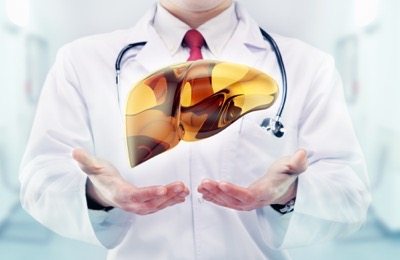Hepatology
The liver has an important role in our bodies – it is a vital organ which supports nearly every other organ in the body in some way.
Liver function is essential for a healthy body, as it helps to regulate toxins and chemical levels in the blood, digest food, and process nutrients.
The liver is estimated to perform over 500 vital functions in the body. If your doctor suspects you may be having a problem with your liver, or it is not functioning as it should be, they may refer you on to a specialist called a hepatologist.

What do hepatologists treat?
Hematologists diagnose and treat all manner of liver problems, including:
- Need and consulting regarding Liver Transplant
- Cirrhosis caused by significant scarring on the liver
- Alcohol damage to the liver and alcohol-related cirrhosis
- Hepatitis (acute or chronic)
- Fatty liver disease
- Drug problems affecting the liver
- Liver cancer
- Any cause of liver disease such as autoimmune liver disease, PBC, PSC, etc
They also can treat other problems relating to the biliary system, including gallstones, and inflammation of the pancreas (pancreatitis).
A hepatologist will also monitor patients who undergo liver surgery, such as a liver transplant, giving them adequate pre and post-op care.
Hepatologists are not surgeons, so they do not perform transplants, but they can diagnose patients and help decide if surgery is necessary.
